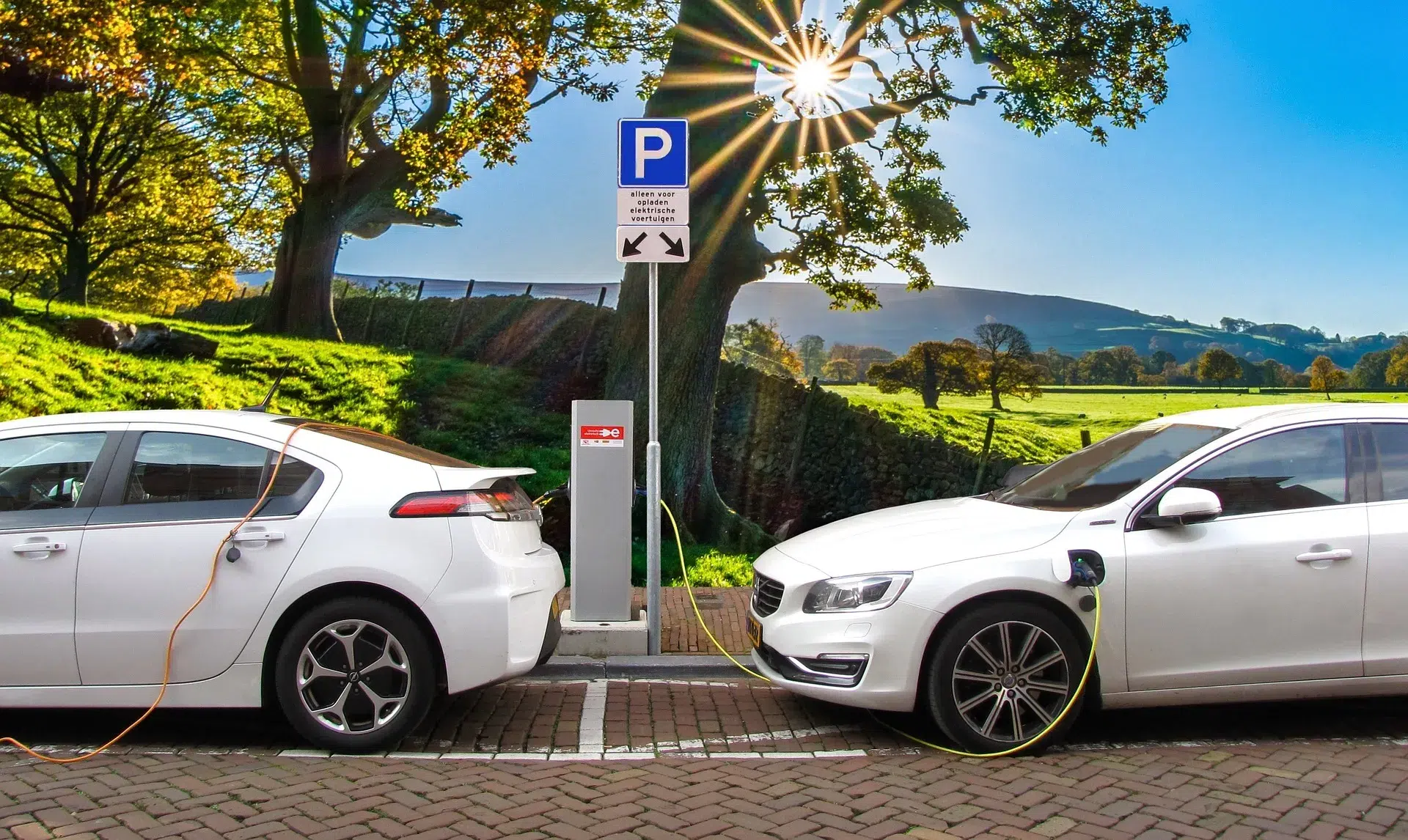In 2021, the EU proposed the conversion of the Alternative Fuels Infrastructure Directive into regulation to establish a common framework for supporting the roll-out of publicly accessible alternative fuel infrastructure in the EU. This includes the creation of a network of charging and refueling stations for seamless travel across the EU, as well as easy-to-use payment methods.
As a result, oil companies and (fuel) retailers will need to adjust their operating and business models, with investing in infrastructure and technology being a crucial part of that strategy. This is the only way for these companies to future-proof their stations in the face of the growing adoption of electric vehicles (EVs).
Roles in the EV charging industry
In the emerging EV charging industry, businesses have taken on one of three roles that fulfill distinct functions. The charge point operator (CPO) is responsible for installing, managing, and maintaining the hardware (chargers), while the e-mobility service provider (eMSP) maintains driver relationships and sets up charging service agreements (subscriptions). The roaming platform connects the CPO to the eMSP. However, as the market matures, these roles are becoming more interconnected, with many businesses now offering a mix of CPO and eMSP services.
License-based cloud CPO platform
As a software supplier and integrator, ICASA offers a license-based SaaS cloud platform that enables medium-and large sized (fuel) retailers to act as Charge Point Operator (CPO) and to onboard, activate, and manage their EV chargers in the secured customer environment. From defining tariffs and authorizing charging sessions, to monitoring and billing. Real-time connections allow bi-directional communication, meaning receiving data from the EV chargers and sending commands to the EV chargers.
Moreover, ICASA supports all the main protocols (OCPP, OCPI, OICP), integrates with roaming hubs such as Hubject, Girève, and e-clearing.net, and offers the possibility to integrate via API with the customer’s enterprise systems and legacy. ICASA innovates through constant development in accepting different authorization options (charge cards, mobile app, payment cards, fleet cards, Apple Pay, Paypal, Mollie, Payter, etc.)
License-based cloud platform eMSP
The ICASA Suite enables e-mobility service providers (eMSP) to maintain driver relationships, set up charging service agreements, define purchasing and sales prices, … The platform offers role-based usability, customer management (assign tokens, issue new cards), a detailed view of charging sessions and transactions and integrated invoicing (fuels, EV charging, H2, …). The ICASA app allows EV drivers to find free EV charging stations, start/stop charging sessions and get an overview of their charging sessions.
Accessibility EV Charging
ICASA not only has a large number of peer-to-peer (P2P) agreements but also enables roaming so that EV drivers can access and charge their vehicles at as many EV chargers as possible. The charging session is authorized based on the tokens of different eMSPs. ICASA collects all the required data for invoicing and billing, creates the charge detail record (CDR), and sends it automatically to the designated eMSP. All information about EV charging stations is gathered automatically through standardized protocols. Thanks to constant monitoring, the ICASA Suite can quickly identify (potential) problems and minimize possible downtime of EV chargers.
Challenges ahead
The EV charging business still faces many challenges. Today, there is a lack of control related to the management of charging sessions, involving a lot of credit risk for (fuel) retailers and service stations. ICASA’s intelligent charging solution applies restrictions and rulesets to charging sessions, similar to the authorization module for traditional fuels.
Are you looking for assistance in preparing your service stations for the future? Just reach out and we would be happy to help you overcome any multi-energy challenges you may be facing.
Pic: Pixabay
Stay connected and follow us on LinkedIn!




